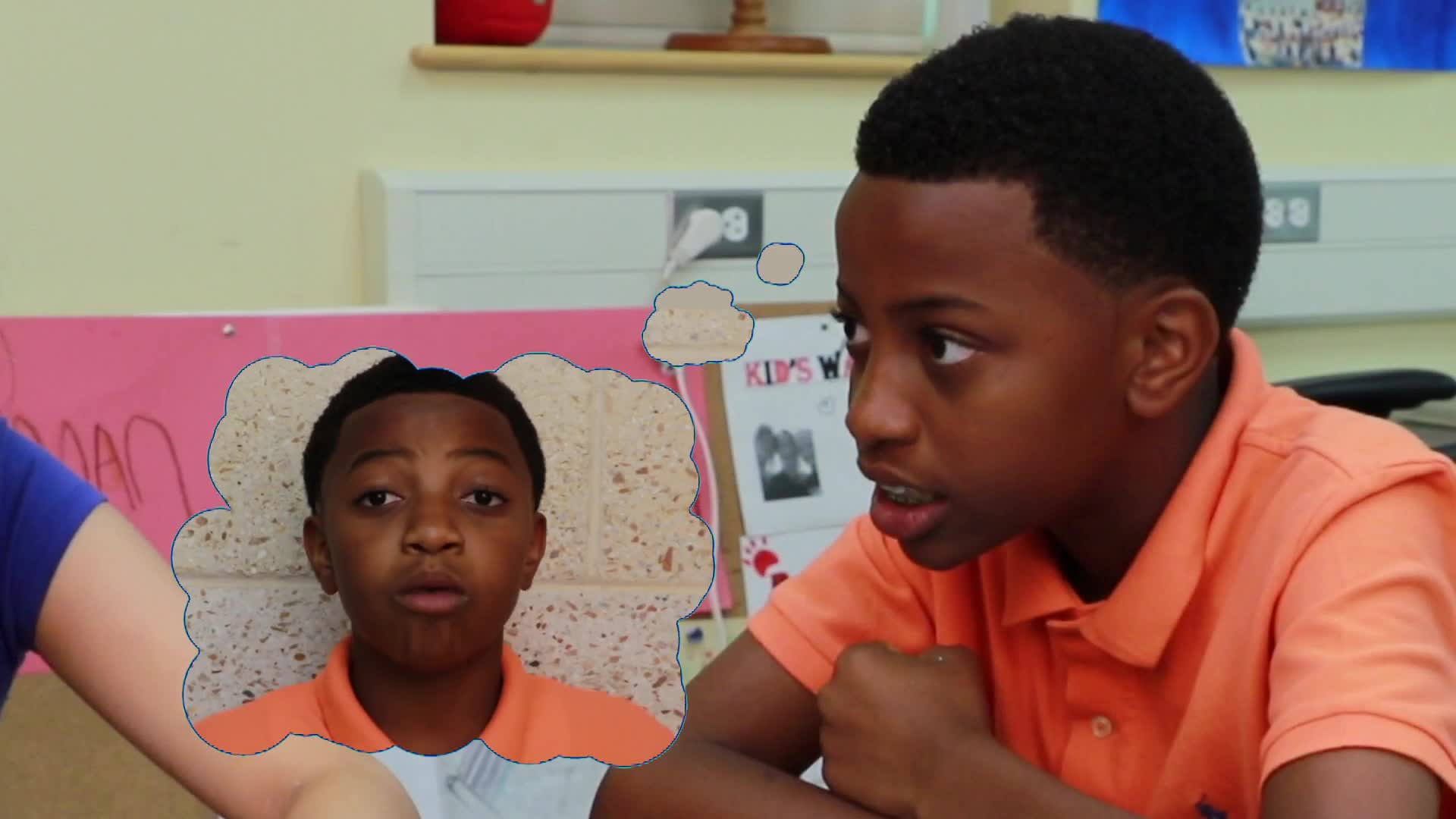
Introduction
As educators, it’s essential to teach our kindergarten students valuable social-emotional skills that will help them navigate the world around them. One such skill is learning to accept “no” for an answer. By understanding that not everyone wants to do the same things as us and respecting others’ boundaries, children can develop empathy and strong relationships with their peers. This blog post will outline a no-prep activity, discussion questions, and related skills to help teach kindergarteners the importance of accepting “no” for an answer.
No-Prep Activity: The No Game
This simple, no-preparation-required activity can be used to illustrate the concept of accepting “no” for an answer. Here’s how it works:
- Have the class sit in a circle.
- Explain that you will be going around the circle, asking each student if they would like to participate in a specific activity (e.g., play a game, read a book, draw a picture).
- Students should respond either with “yes” or “no.”
- After each response, the educator should model accepting the answer without pressuring the student to change their mind, regardless of whether they say “yes” or “no.”
- Once everyone has had a turn, discuss the importance of respecting others’ decisions and accepting “no” for an answer.
Discussion Questions
After completing the No Game, use the following discussion questions to help stimulate further conversation and understanding:
- How did it feel when the educator accepted your answer without trying to change your mind?
- Have you ever felt pressured to do something you didn’t want to? How did that make you feel?
- Why is it important to accept “no” for an answer and respect others’ boundaries?
- Can you think of a time when you didn’t accept “no” for an answer? How do you think the other person felt?
- What can you do in the future to make sure you accept “no” for an answer?
Related Skills
In addition to accepting “no” for an answer, there are other social-emotional skills that kindergarteners should learn to help them build strong relationships and navigate social situations. These include:
- Empathy: Understanding and sharing the feelings of others.
- Active listening: Paying attention to what others are saying and responding appropriately.
- Assertiveness: Expressing one’s needs and opinions in a respectful manner.
- Conflict resolution: Finding solutions to disagreements in a calm and respectful way.
- Respecting personal boundaries: Recognizing and respecting the physical and emotional boundaries of others.
Next Steps
By teaching kindergarteners the importance of accepting “no” for an answer, you’re helping them develop crucial social-emotional skills that will benefit them throughout their lives. If you’re interested in exploring more resources and activities to help teach these skills, sign up for free sample materials at Everyday Speech. With a variety of engaging activities, videos, and discussion prompts, you’ll have everything you need to help your students grow and thrive.

